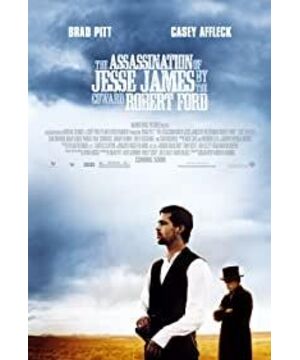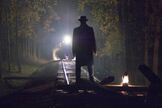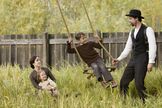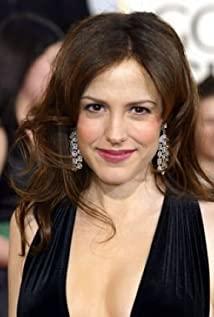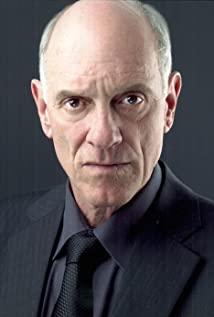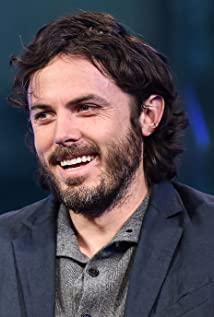It was originally a Western, but the common story system of Westerns could not be found in the film at all. Westerns are essentially a simplistic world of binary opposition. The film really changed that. It was the first film in Western history to shift the narrative focus from the plot to the characters.
The film does not honestly tell the story of Jesse James, but the story of two people. And the other unknown Robert Ford seems to have richer dramatic tension and a broader performance space. And from the length of time, it is this person who runs through the film from beginning to end. Robert is the first protagonist of the film.
The film first intertwines the complex psychology of the two characters, and then looks at the other from the point of view of one character. After completing the description of the fate of the person being watched, continue to tell the fate of the person watching, so as to show the human nature in a more three-dimensional and multi-faceted manner, and finally draw a picture scroll of an era.
This kind of narrative strategy and creative intention, in terms of the depth of the characters, is not only rare in Westerns, but also unmatched by many biopics. In fact, although it appears in the appearance of a Western, the film is closer to a biopic in terms of overall structure and narrative logic. How does it give depth to the characters? There are two meanings here, one is to excavate the depth of the characters when they have depth, and the other is to create depth for the characters. The latter is more interesting, and it is the pursuit of this film.
In 23 minutes of the film, there is a scene of brothers looking at each other. Jesse's eyes are full of pain and disbelief, and there is an air of pity. It's just such a lens staring at each other, separated by a short distance, but it seems to be looking at each other from a distance. The depth of the characters is thus created.
Jesse once asked Robert: Do you want to be like me, or do you want to replace me? "Actually, Robert was a simple man, from start to finish. It was because of that simplicity that he was the one who shot Jesse in the back. But there was such a human tension in him that he made us the perfect coward.
"Death of the Sharpshooter" elevates us, and true humanity is the source of depth. The process from Robert admiring Jesse to shooting Jesse in the end is a helpless transformation of a person in the real environment, and a behavior that a person makes in order to protect himself that is extremely in line with his own personality.
View more about The Assassination of Jesse James by the Coward Robert Ford reviews


